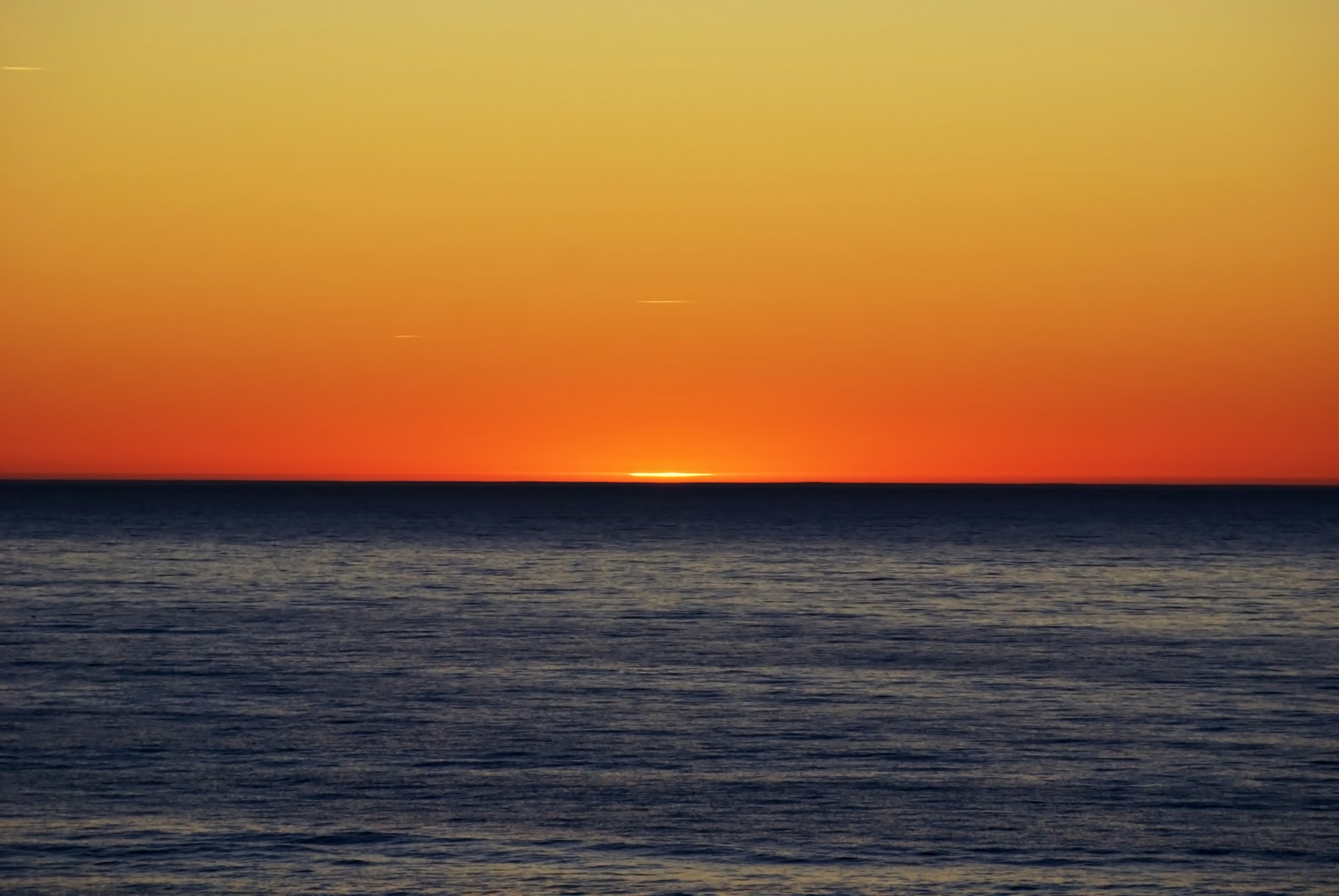Is it really darker in winter and lighter in summer in Copenhagen? 🌞🌜
Vizualising sunrise, sunset and daylight times in France and Denmark.

I was wondering what was the exact difference in daylight / darkness between Copenhagen and Paris. It feels so much darker around mid-December, and so bright late at night during summer. But to what extent really?
From the Astronomical Data Portal of the UK Hydrographic Office[1], I downloaded the data from both cities and plugged it into a chart created with C3[2]. Here is the result:
Looking at those standard values of sunrise and sunset, things are partly confirmed:
- The really darker period is clearly visible. Between Nov 17 and Jan 10, the sun sets before or at 16:00, and we can see how this almost 1h20 extra daylight in the afternoon in Paris really makes a difference.
- The sun rises earlier in Copenhagen than in the French capital. It actually does all year long, with a peak during the summer solstice with almost 1h20 earlier sunrise in Denmark.
- All in all, Denmark being in higher latitudes, days are indeed longer part of the year (from these numbers, between Mar 18 and Sep 24). Again, that difference peaks at 1h20 at the summer solstice.
However, I was surprised to see that sunset happens at the same time in Paris and Copenhagen the summer. There's no clear difference although we can feel that as summer comes, days stretch to a point that the night is really short in Denmark.
It may be better to take into account twilight time, as shown in the picture below[3].
There is actually several types of twilight, corresponding to different angles from the horizon[4]:

When looking at nautical twilight, the difference between Copenhagen and Paris becomes clear:
- From April 26 to August 18, twilight lasts later in Copenhagen.
- In June and July, there is basically a never ending twilight in Copenhagen, which never takes place in Paris
Sunrise-Sunset. https://sunrise-sunset.org/ ↩︎
Wikipedia. https://en.wikipedia.org/wiki/Twilight ↩︎
